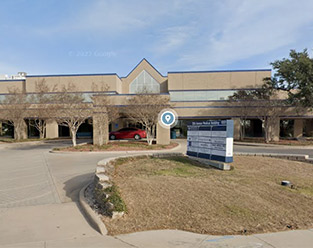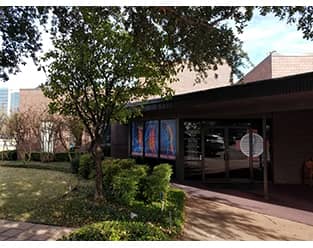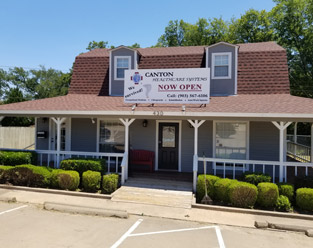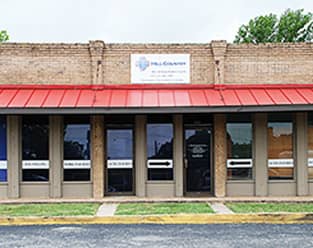The Increased Health Risks Associated with Repeated Head Trauma
 Any type of head injury can be serious—even with a minor blow to the head, it’s always a good idea to see your primary care physician for a thorough assessment. But if you’ve had a concussion or other head injury before, any type of bump or trauma involving your head or neck can put you at risk for what medical professionals call “second impact syndrome,” or SIS.
Any type of head injury can be serious—even with a minor blow to the head, it’s always a good idea to see your primary care physician for a thorough assessment. But if you’ve had a concussion or other head injury before, any type of bump or trauma involving your head or neck can put you at risk for what medical professionals call “second impact syndrome,” or SIS.
What Is Second Impact Syndrome?
When you’ve had an earlier concussion, a brain injury can cause extremely rapid swelling. The hard bone of your skull can protect your brain from some injuries, but it can also prevent fluids from leaving your brain after an injury, leading to significantly increased pressure on your brain cells. That can prevent your brain from receiving the oxygen it needs to function properly, and in some instances may lead to cell death or the permanent loss of brain activity. In most instances, second impact syndrome occurs when a person suffers a second concussion or brain injury before a first concussion has fully healed.
Recognizing Second Impact Syndrome
Often, the first indication of SIS is a stunned look. A person who has suffered such an injury may show no other immediate signs of any type of injury. However, once the brain starts to swell, the person’s health can deteriorate rapidly, from loss of consciousness to loss of eye movement to respiratory failure.
If you have been diagnosed with a concussion or traumatic brain injury, you should refrain from engaging in activities that may lead to head impact until cleared by a physician. Furthermore, if you experience any subsequent blow to the head, you should immediately stop what you are doing and seek medical treatment, at a hospital emergency room, if necessary.
Contact Us to Set Up an Appointment
At Advantage Healthcare Systems, we have extensive experience working successfully with individuals who suffer any type of concussion, TBI or traumatic brain injury. Call us toll-free at 1-877-487-8289 or fill out the form provided below to schedule an assessment. We offer locations across Texas, including Fort Worth, Dallas and San Antonio.





